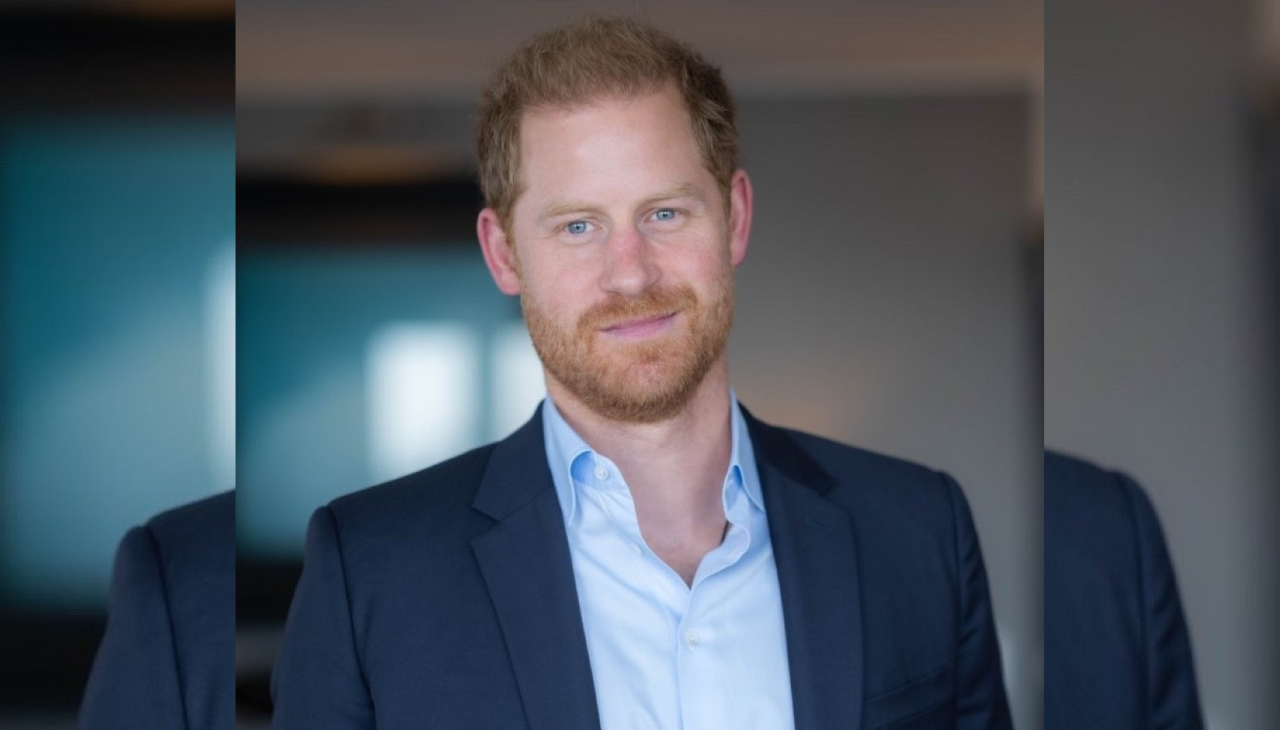
Three Latinos' fight against food waste
Food for All is a new app combating food waste that is exploding in the Boston and New York areas. Founded by three Latinos in 2016, the app is a virtual marketplace where restaurants list their leftovers at heavily discounted prices for customers to pick up around closing.
“It is an incredible tool for us to not only spread awareness around the issue of food waste, but it really creates the incentives for users and restaurants to take action in a delicious way,” said Sabine Velenga, co-founder of Food for All.
Its origin story begins at the Hull International Business School in Cambridge, Massachusetts. Velenga and the other co-founders, David Rodriguez and Victor Carreño, were students working together on a graduation project that spawned the idea for Food for All. From there, the trio’s proposal was accepted into an incubation program at Harvard’s Chan School of Public Health.
When it started, Food for All had no funding, zero visits on its website, and no immediate network for exposure and support. To raise money in order to get off the ground, Rodriguez, Valenga and Carreño started a kickstarter campaign for the app. Theyt raised $50,000 from 640 backers and recruited 15,000 people to subscribe to Food for All’s website. The money was used to develop the first version of the app.
Food for All’s ballooning support also provided the team with the ample market research to plan for future expansion and advancements.
“For us, it was a major collective statement against food waste,” said Velenga.
In the U.S., approximately 30 to 40 percent of the food supply is wasted. In 2018, Americans threw out almost a pound of food per day. This waste not only leaves many struggling with hunger throughout the country, but also contributes to a myriad of environmental problems, with most discarded food ending up in landfills.
CONTENIDO RELACIONADO
The national problem is just as relevant at the local level. In Philadelphia, about 13 percent of all waste collected is food. In 2017, that accounted for over 81,000 tons.
Philadelphia is home to its own infrastructure of food rescue, with the well-established nonprofit Philabundance partnering with grocery stores and restaurants in the area to receive donated leftovers and distribute them to local shelters and other community programs. The city even has its own app battling food waste called Food Connect, which acts as a network for individuals and organizations to receive and distribute food to places in need. The app organizes pickups from individual donors or businesses and takes the food to either a distribution organization (like Philabundance) or a shelter.
While the Food for All app is not in Philadelphia yet, it could appear very soon. After launching in Sept. 2017, Food for All quickly expanded from the Boston -area into New York City, and now has over 200 restaurants using the platform to get rid of their leftovers.
However, it remains to be seen whether Food for All would offer another avenue of support in the fight against hunger, or whether the outcome of the app could be more complicated.
Most of Food for All’s users are not the homeless. The three main users are students, individuals with sustainability concerns and people struggling financially (but still able to afford a smartphone). The app has only existed for little more than a year, so its impact on the donation of leftovers hasn’t been measured. Right now, there’s no evidence in New York or Boston that food donations from restaurants are shrinking because of Food for All’s presence.
Until then, they are continuing to “make quality food affordable to all.”










DEJE UN COMENTARIO:
¡Únete a la discusión! Deja un comentario.